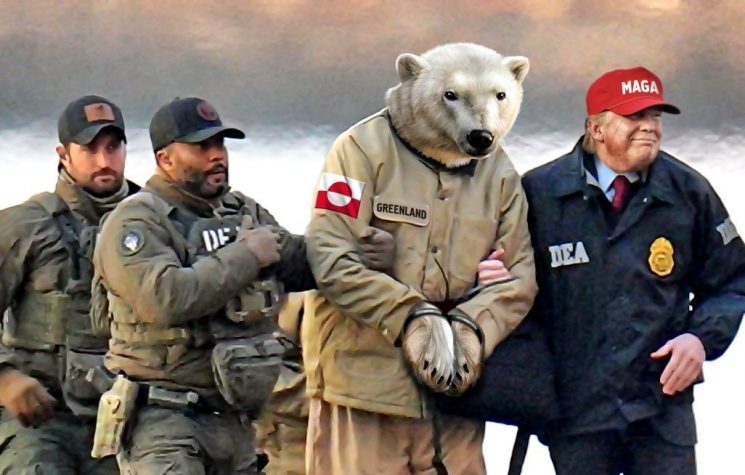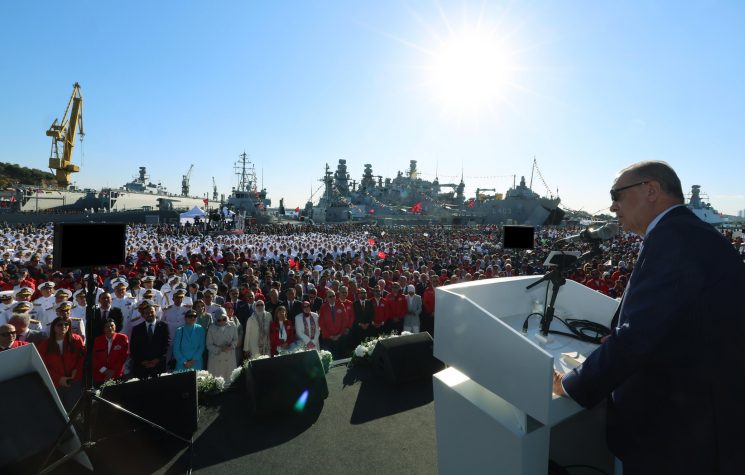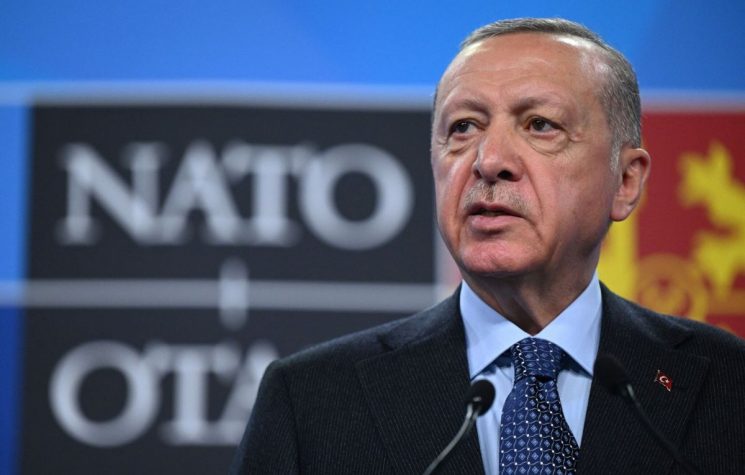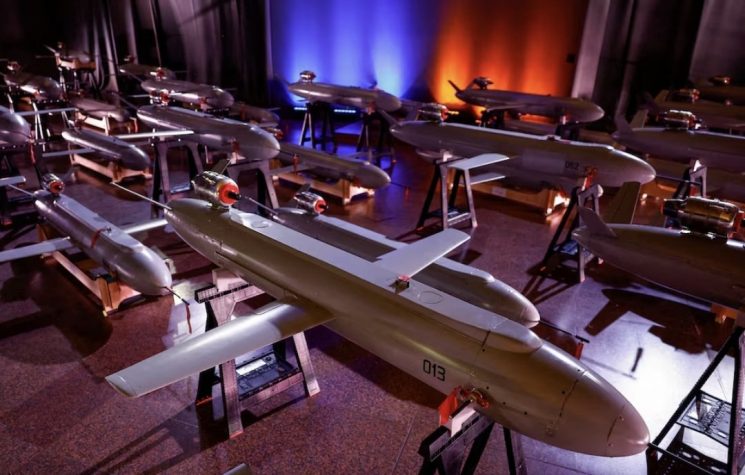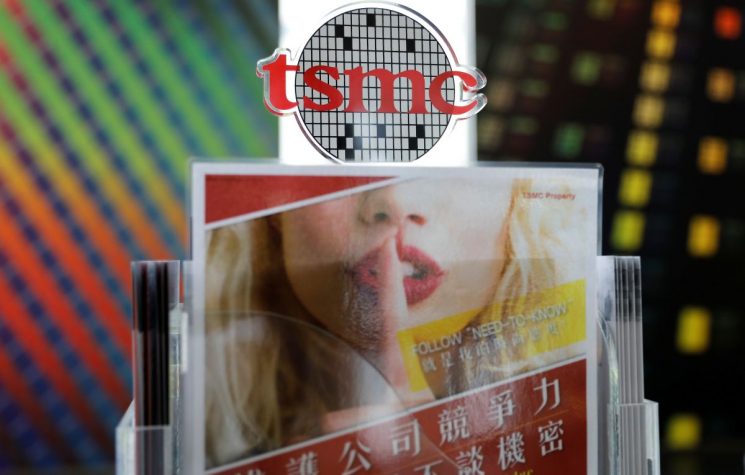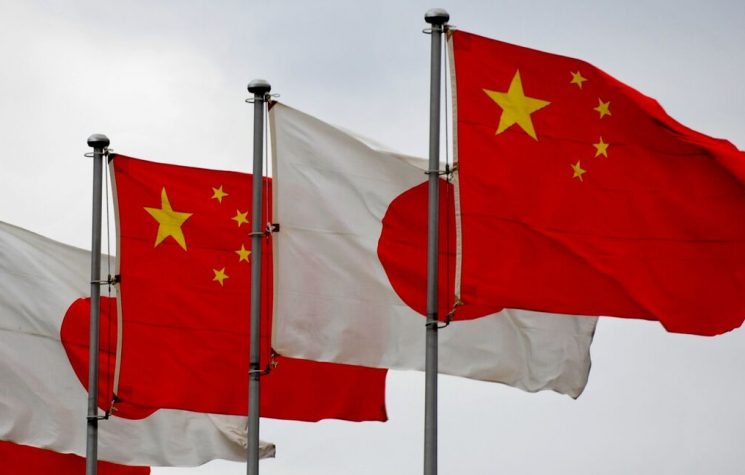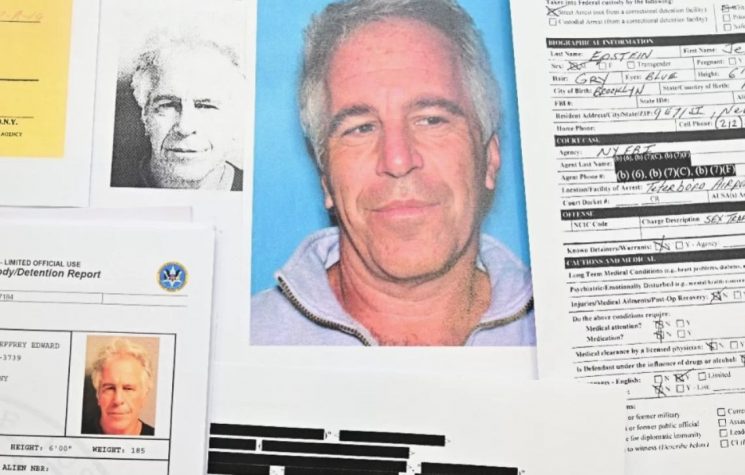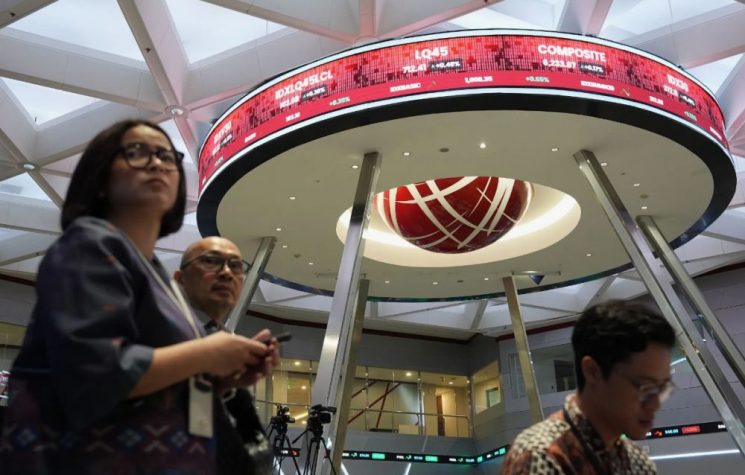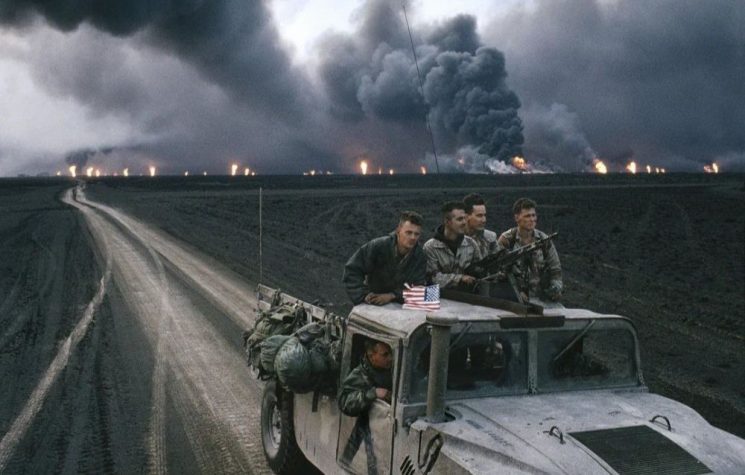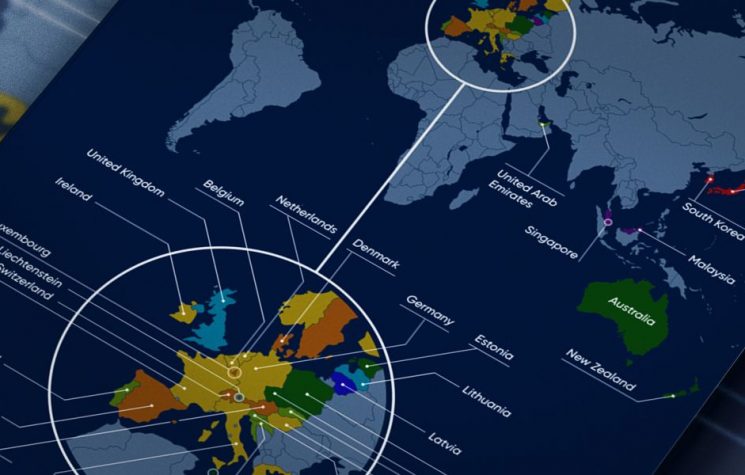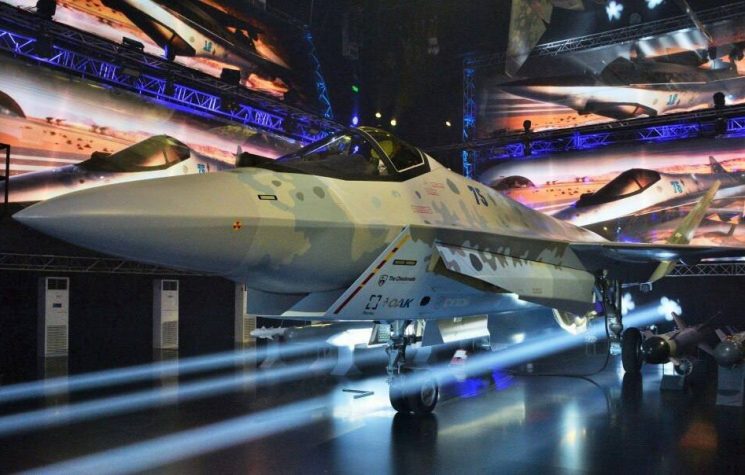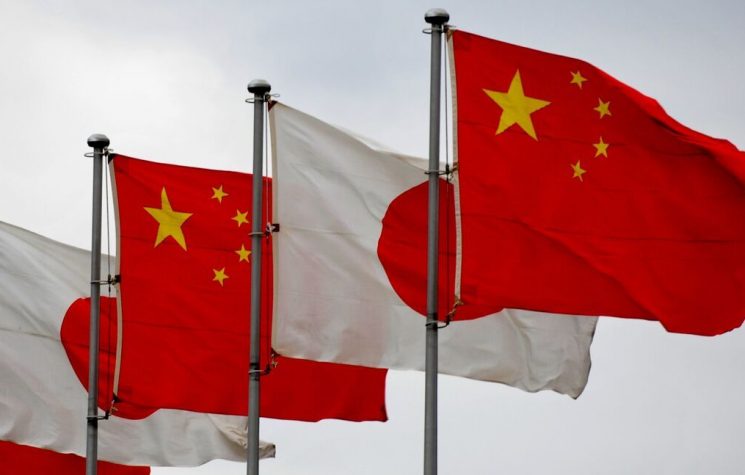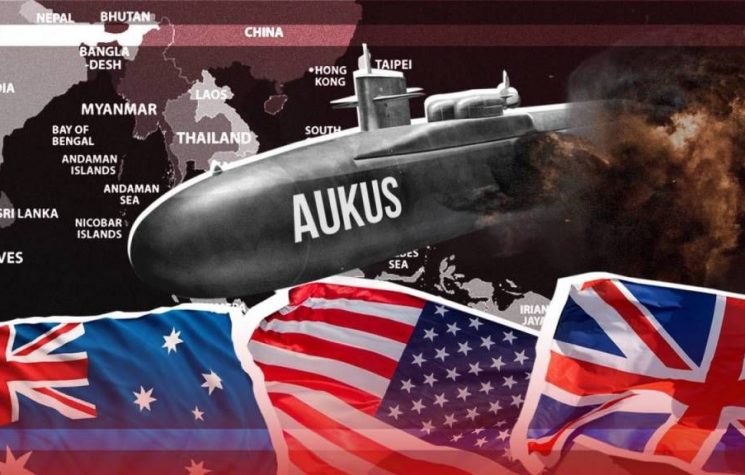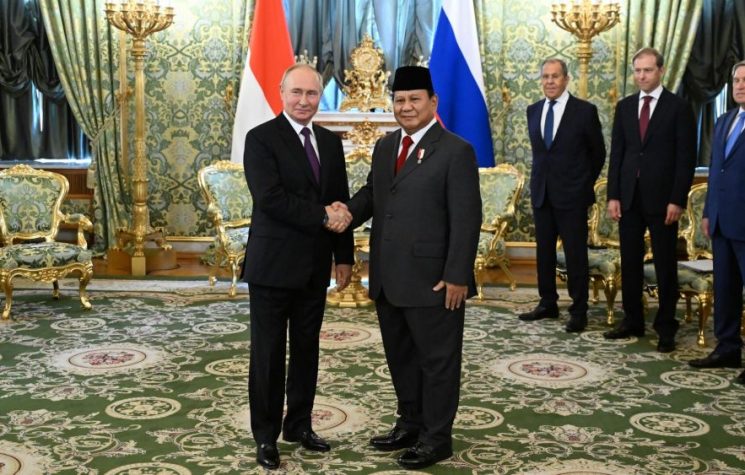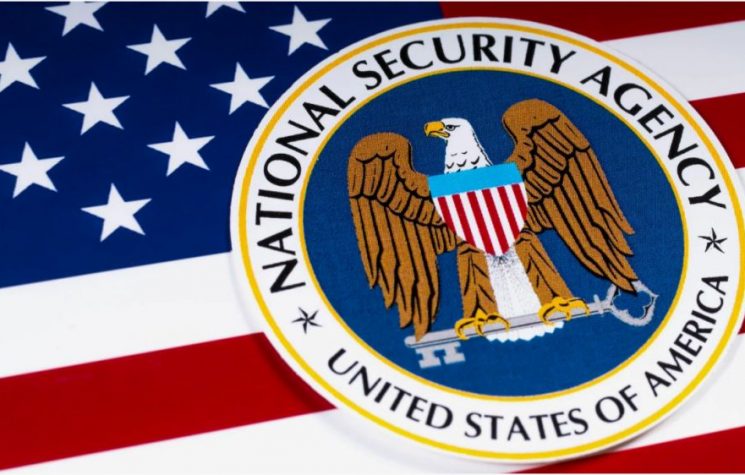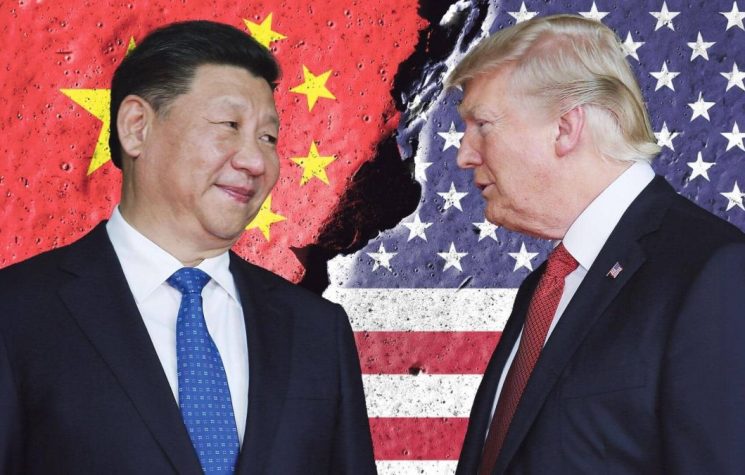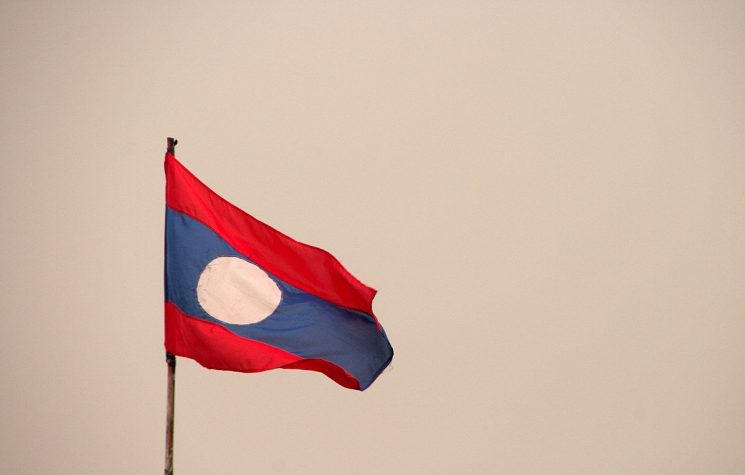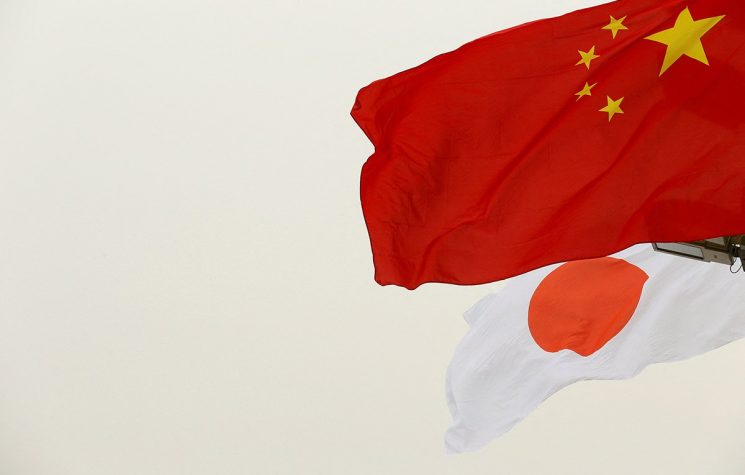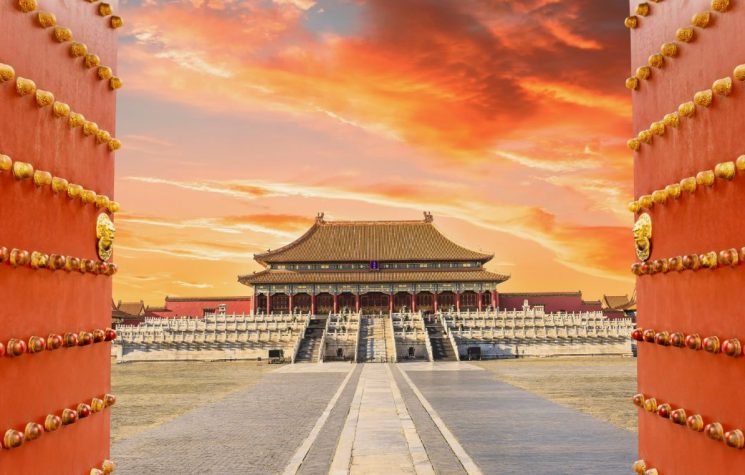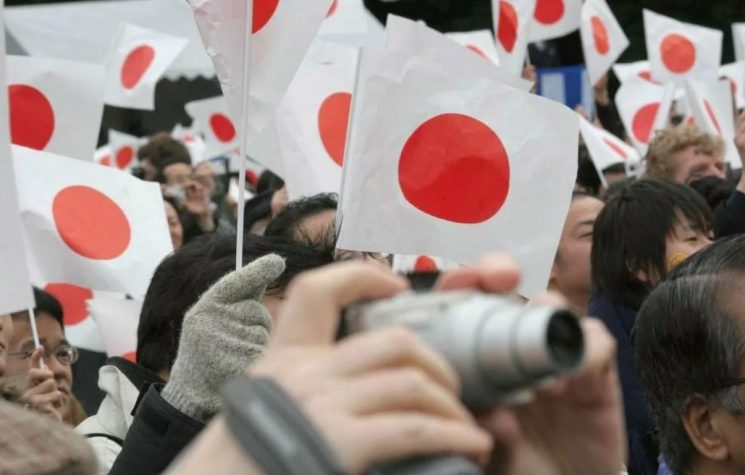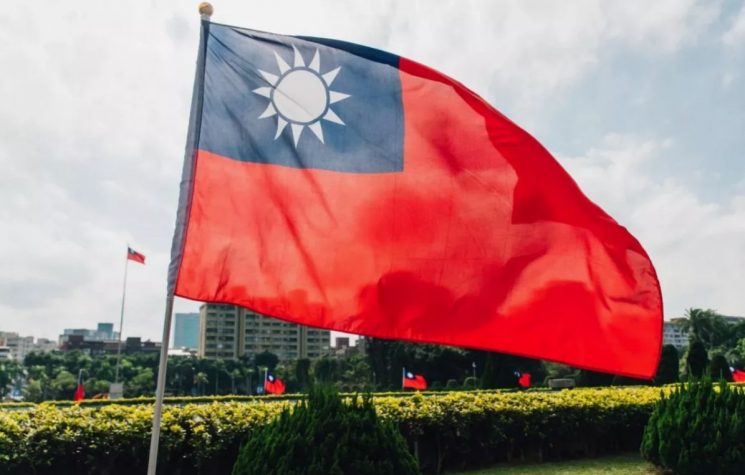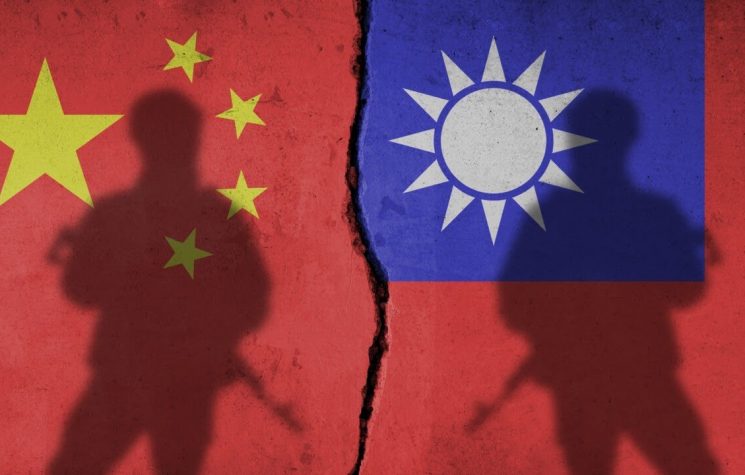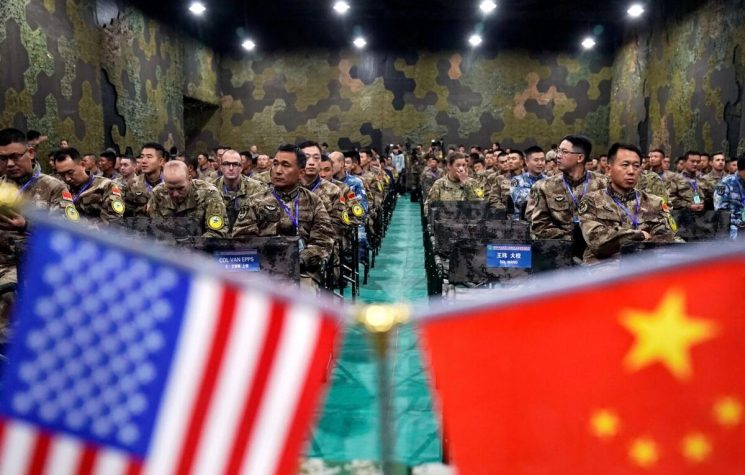After 40 years of “strategic ambiguity” in its partnership with the United States, Taiwan has taken the unprecedented move of calling Washington for “clarity” on whether it would be defended in the event of armed conflict with China.
The Washington Post reported last week a senior Taiwanese representative to the U.S. as saying: “We need some degree of clarity.” The post headlined with the question: “Would the U.S. protect Taiwan from China?”
The growing nervousness on the island territory off China’s southern coast comes amid heightened tensions between Washington and Beijing. Those tensions have been fueled by the Trump administration’s sharp divergence from respecting Washington’s erstwhile One China policy.
Washington severed official relations with Taiwan in 1979 in deference to China’s claims of territorial sovereignty over the island. That move was an expedient concession by Washington to inveigle China away from alliance with the Soviet Union. Taiwan became a redoubt for nationalist forces after the 1949 victory in the civil war by Chinese communists led by Mao Zedong.
During the past four decades, the U.S. has maintained friendly relations with the separatist government in Taipei. Past American administrations have sold arms to Taiwan. However, Washington has always refrained from declaring a military defense pact with the island, even as Beijing reserves the right to take back control by use of force if necessary.
Under Trump, relations were thrown into upheaval. Washington has signed off on an unprecedented number of offensive weapons deals over the past four years with Taiwan. Just last week the Trump administration gave notice that it was moving ahead with three separate advanced-arms packages, including rocket and missile launchers. The arming of Taiwan has provoked anger in Beijing which views the U.S. moves as turning the territory into a “porcupine”, and emboldening separatist intransigence.
There has also been a step-change in American military deployment in the Taiwan Strait. Last week saw the 10th passage this year of a guided-missile destroyer through the strait which the Pentagon calls “freedom of navigation” exercises in international waters.
China has stepped up its military presence in the southern region. Earlier his month, Beijing launched maneuvers which simulated an invasion of Taiwan. Warplanes of the People’s Liberation Army have also increased flights near Taiwan. From Beijing’s point of view, these drills are legal because it holds territorial claim over Taiwan.
The Trump administration seems to be using Taiwan in its wider confrontation with China over trade and geopolitical objectives. By ramping up support for Taiwan, it is calculated to be a destabilizing jab at China.
This summer, the U.S. sent its most senior official to Taiwan since 1979. Health Secretary Alex Azar’s visit infuriated Beijing as it openly flouted the One China status of Taiwan in relation to China. It was seen as a provocative snub to Beijing’s authority.
Taiwan’s President Tsai Ing-wen is being buoyed by what she sees as Washington’s moves towards restoring diplomatic relations. The Trump administration has called for Taiwan to be given full representation at the United Nations, which again is a daring insult to Beijing’s sovereignty.
It is not clear what policy a Joe Biden administration would adopt if the Democrat presidential candidate is elected to the White House on November 3. One hint comes from Michèle Flournoy who is speculated to be in the running to become Biden’s defense secretary. In June this year, Flournoy wrote a lengthly article in Foreign Affairs in which she urged tougher American military support for Taiwan to “deter China”.
On October 10, Taiwanese leader Tsai Ing-wen delivered a strident separatist speech in she called for dialogue with Beijing “as equals”. While the proposition for dialogue might sound welcome, the presumption of “equals” would be seen in Beijing as impudent.
The dangerous tensions over Taiwan are a direct manifestation of U.S. policy to antagonize China. Taiwan is a classic pawn in a bigger game which Washington is pursuing with regard to trying to contain the rise of China as a perceived global rival to the U.S.
The Trump administration’s reckless arms sales to Taiwan have little to do with “protection” of the breakaway territory. China’s far greater military power is no match for the U.S. weapons being plied to the island. The American military-industrial complex is enjoying a surge in sales and profits, but there seems no conviction on Washington’s part to step up to the plate with regard to committing to a defense pact.
That self-serving ambiguity is putting Taiwan in a discomfiting bind. It is being caught in a geopolitical crossfire between the U.S. and China. In its antagonism with Beijing, Washington is fueling separatist tensions which could spark an armed confrontation through miscalculation or frustration.
No wonder Taiwan is belatedly demanding “clarity” from Washington as tensions reach boiling point. Nerves are fraying because, it seems, Taiwan is being assigned the role of American cannon fodder. The clarity it is seeking is unlikely to be rendered by Washington as the latter is only using Taiwan as a device against China.













